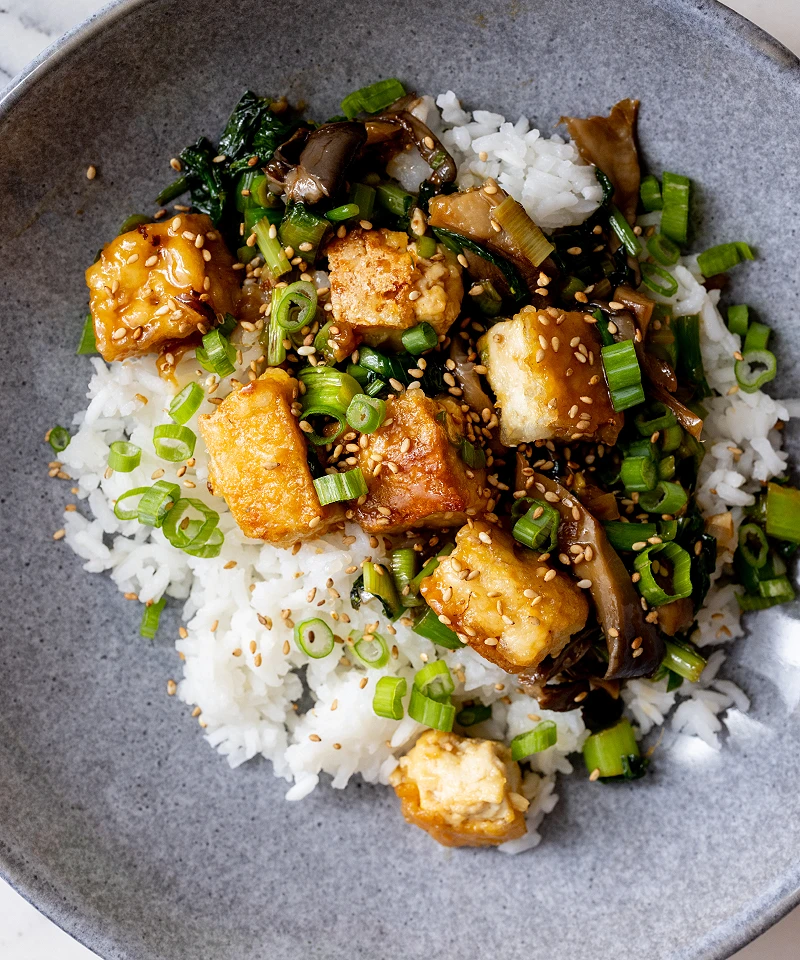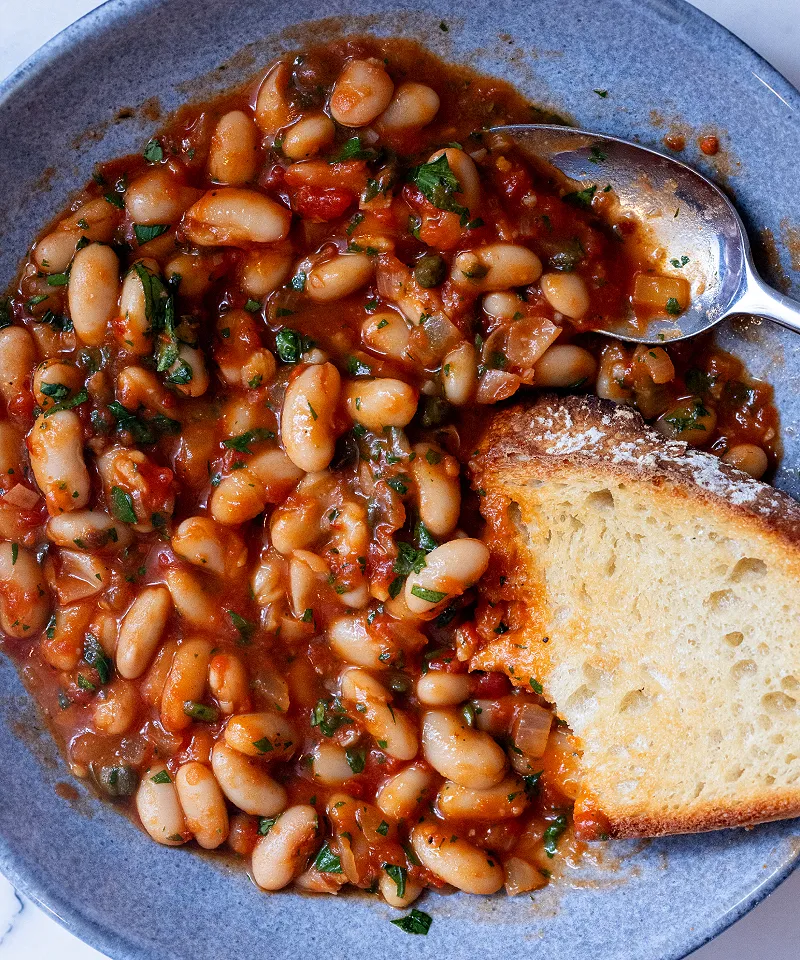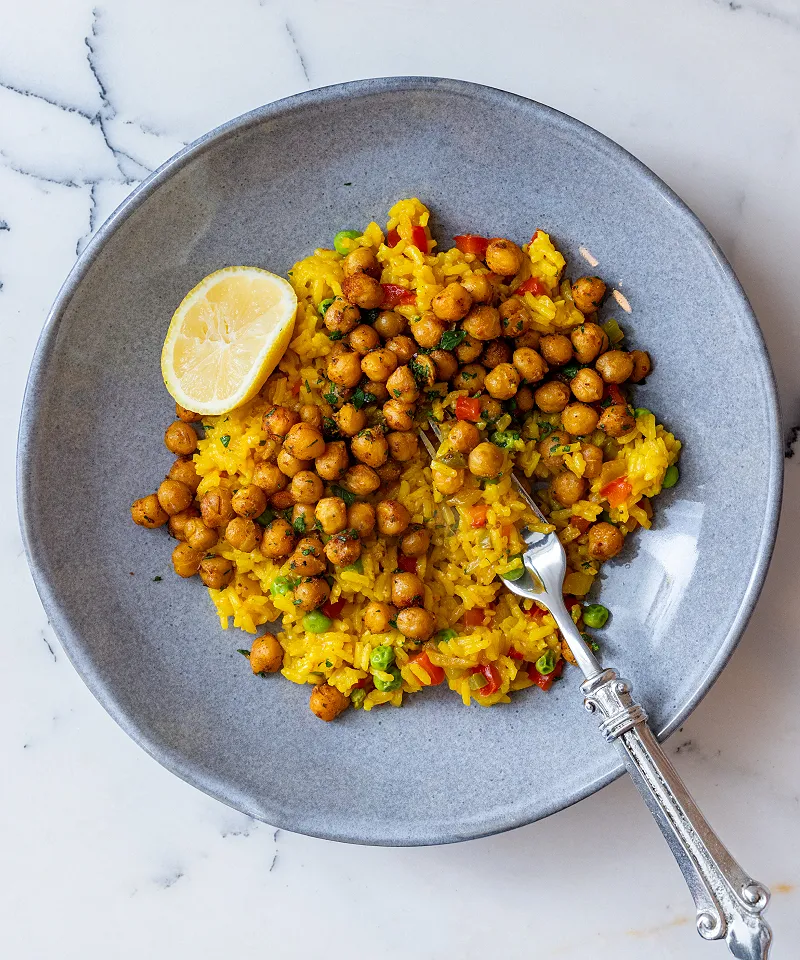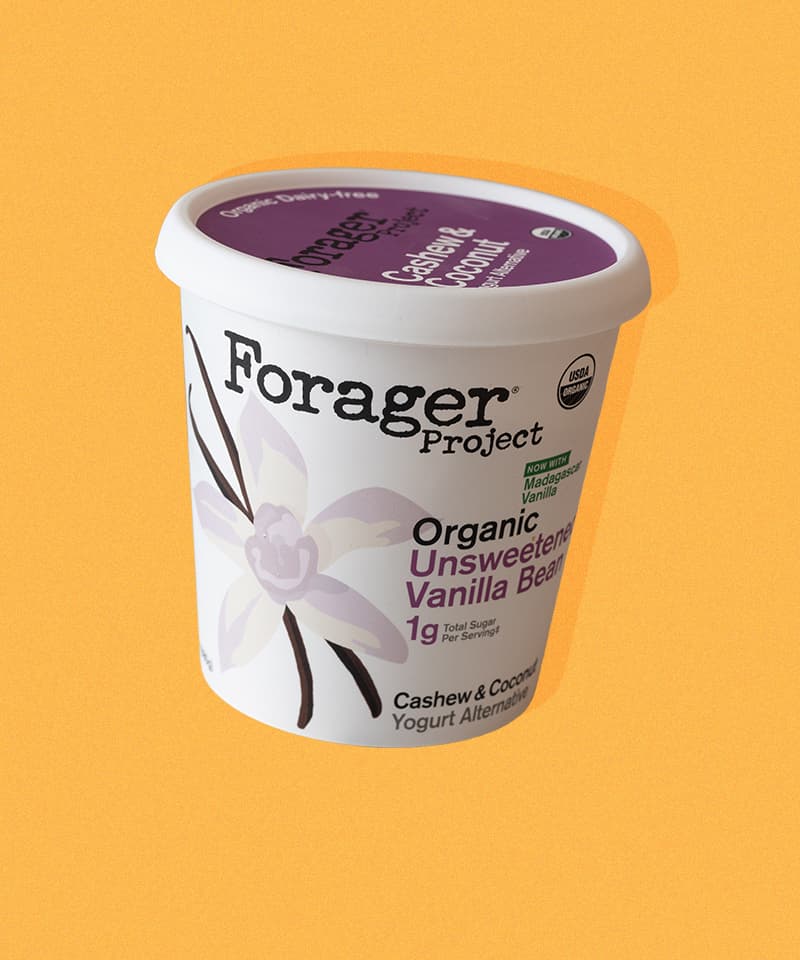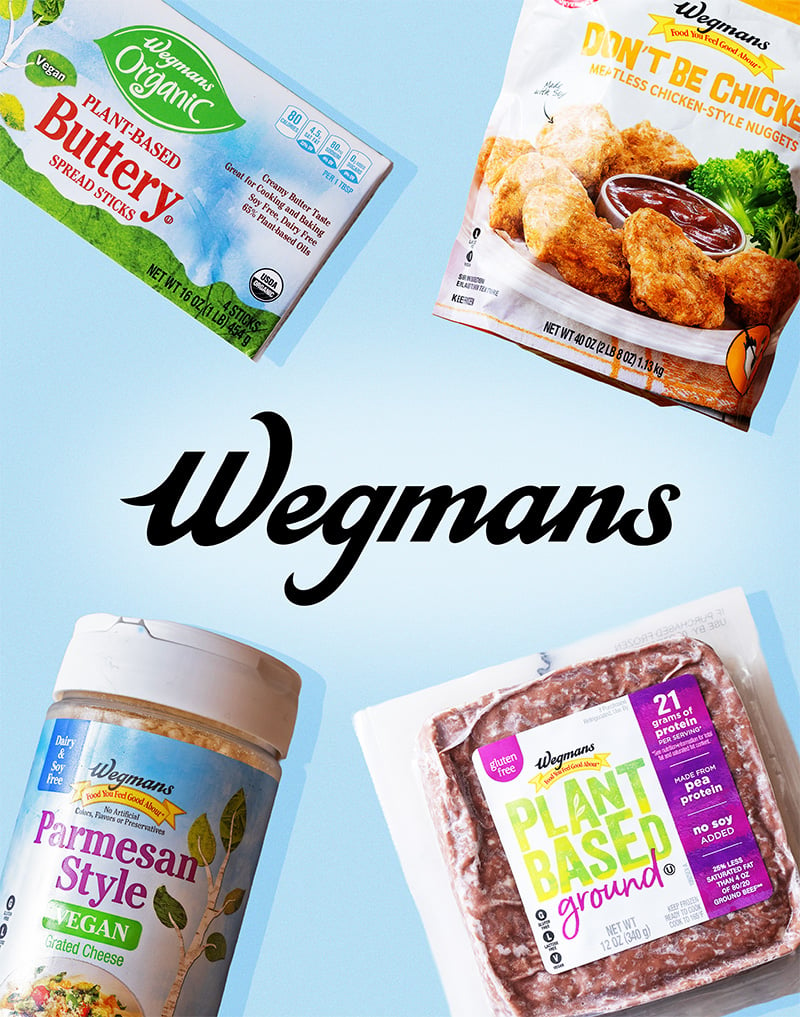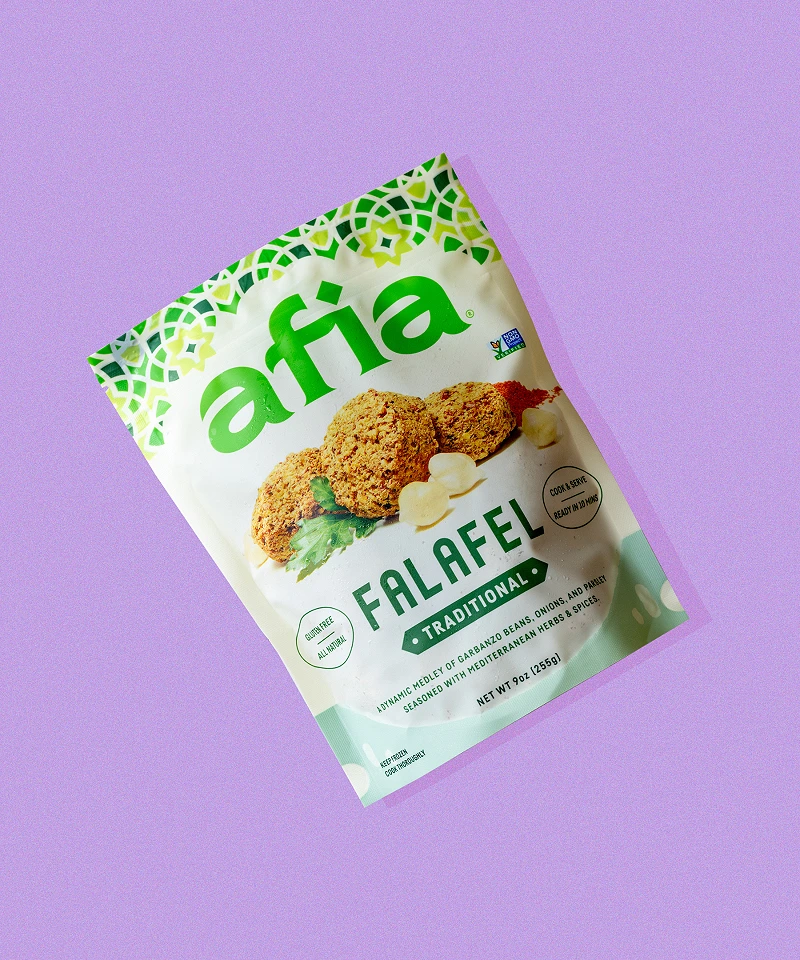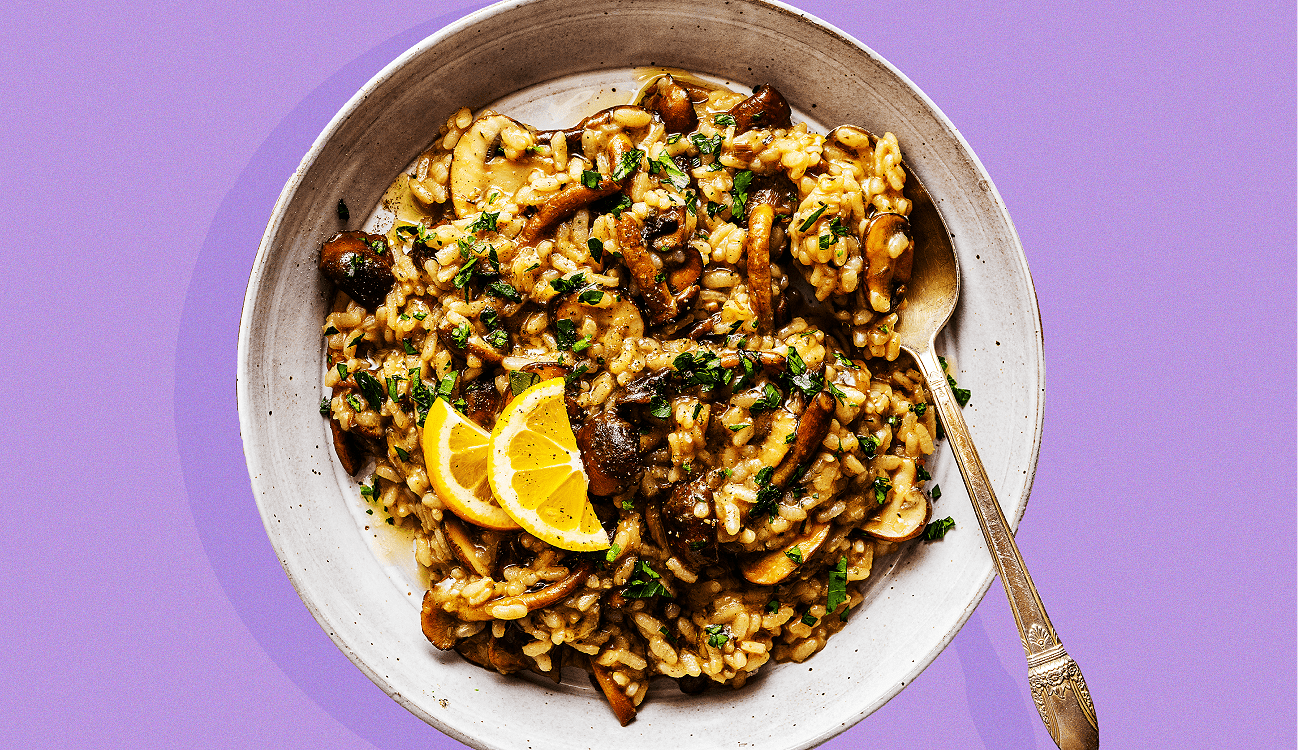When it comes to food, fats always get a bad rap. Probably because when we think of fat, we often picture grease oozing out of burgers. Add the fad around low-fat diets to the mix, and it’s easy to see why we get sucked into this line of thinking.
But here’s the truth: not all types of dietary fats are our enemies. In fact, some of them are essential (if you like having energy, that is). Before we get into the meat (😉) of the topic, let’s quickly get up to speed on the different types of fats.
Just how many types of fats are there?
The foods that we eat contain 4 types of fats–some good, some bad.
- Unsaturated fats: These are the good type of fats and are of 2 types-
- Monounsaturated fats
- Polyunsaturated fats
- Saturated fats: These unhealthy fats are commonly found in meat, dairy, and fast foods
- Trans fats: These are another type of “bad” fats, typically found in fried foods, commercially baked goods, and other junk or processed food
How much fat does your body need per day?
While too much fat can become unhealthy, you do need some amount of it every day to keep yourself alive and kicking. This is because dietary fats have some very important jobs to perform inside our body, such as:
- Providing energy. One gram of these energy-dense foods packs a whopping 9 calories!
- Absorbing fat-soluble vitamins, which include vitamins A, D, E, and K.
- “Feeding” your brain and keeping it healthy.
- Protecting your organs, and
- Keeping you warm!
As a bonus, fats also make your food more yummy. But how much of them should you be eating per day?
The Academy of Nutrition and Dietetics recommends that adults should get 20-35% of their total energy (or calorie) intake per day through unsaturated fats. Saturated fats should be no more than 10% of your diet, while trans fats should be limited to 1%.
Let me explain how this works. Fair warning, it contains a little bit of math. Let’s say you eat 2,000 calories per day. Out of this, 20-35% (i.e. 400 – 700 calories) should come from fatty foods. We’ll assume that you’re going to eat 700 calories of fat. We already saw that each gram of fat contains 9 calories. So, to get the required number of fat grams, you should divide 700 by 9, which leaves you with 78. If you’re following a 2,000-calorie diet per day, you need to consume 44 to 78 grams of fat per day.
You might also have noticed the recommendation about staying away from saturated and trans fats 👀. That’s because they aren’t healthy and are linked with a higher risk of several diseases.
Bottom line? Ditch the bad fats and fill your vegan plate with these 👇 9 healthy plant-based unsaturated fats instead.
1. Nuts and nut butters
These crunchy snacks may be tiny, but they pack quite a punch when it comes to plant-based unsaturated fats. 100 grams of mixed nuts contain a whopping 54 grams of fat! That’s more than half its weight. Walnuts deserve a special mention here because they contain the much-needed omega-3 and omega-6 fatty acids that are usually found in fish.
Just scoop a handful of nuts and eat them as a snack when you’re working, garnish them on your dishes, or bake them into your desserts. I’m personally a fan of adding nuts to a bowl of fruit salad and munching on them while I relax in the evenings.
Here’s the down-low on how much fat you can get from different types of nuts (per 100 grams):
- Walnuts: 65 grams
- Almonds: 50 grams
- Pecans: 72 grams
- Cashews: 44 grams
- Pistachios: 46 grams
- Brazil nuts: 67 grams
- Pine nuts: 68 grams
- Hazelnuts: 61 grams
- Macadamia nuts: 76 grams
Nut butters aren’t far behind, either. 100 grams of peanut butter has 51 grams of fat. Bonus? They are yummy and easy to make at home! You can blend them in your smoothies, spread them over your morning toast, or mix some into your pancake batter.
Combine the taste of banana bread with the crunch of walnuts in this Vegan Banana Bread Overnight Oats.
2. Seeds
Much like nuts, seeds are also our calorie-rich friends, with a few of them–like chia seeds and flax seeds–packing some serious amounts of vegan omega-3 fatty acids. They are also rich in vegan protein and fiber, so you’ll get most of your nutrition needs taken care of by just eating a handful of seeds per day. Eat them with your veggies, add them to your oats or smoothies, or make a salad with your favorite nuts to snack on.
Here’s a quick glance at the fat content in seeds (per 100 grams):
- Flax seeds: 42 grams
- Chia seeds: 31 grams
- Pumpkin seeds: 19 grams
- Sunflower seeds: 51 grams
- Hemp seeds: 49 grams
- Sesame seeds: 50 grams
Summer mornings call for this easy Lemon Chia Pudding Recipe. 🍋
3. Avocado
Their buttery, creamy texture isn’t the only thing to love about avocados. These fruits are also high in monounsaturated fats, which means you simply cannot go wrong with them! A single avocado (minus its skin and seed) contains 21 grams of fat.
There are many ways to enjoy this fruit. Cut up half an avocado and add it to your salad, blend it with your morning smoothie, or make vegan butter out of it to spread over your toast.
[Only have a quick break for lunch? Whip up this Easy Avocado Toast.]
4. Plant-based oil
Olive oil, ground linseed (or flaxseed) oil, avocado oil, and canola (or rapeseed) oil are especially good sources of healthy vegan fats, notably omega-3 fatty acids. Compare these with coconut and palm oil, which contain high levels of the bad kind of fats, and these oils emerge as the clear winners.
Use them as cooking oils or drizzle them over your salads for an extra dose of plant-based fats. When buying them from your supermarket, keep an eye out for the words “cold pressed” and “virgin,” and avoid the ones that are labeled “refined.” This is because the refining process strips the oil of its vitamins and antioxidants, taking away the benefits it offers.
Just 1 tablespoon a day should do the trick because this is the amount of fat you’ll consume:
5. Cacao nibs
First things first: cacao nibs are simply crushed pieces of cocoa beans (you know.. The thing that’s used to make chocolate). These raw nibs are nutrient powerhouses and can be enjoyed just as they are. These tiny bits of chocolatey goodness are almost 50% unsaturated fat. That’s right! 100 grams of these nibs give you 43 grams of fat. They also contain more antioxidants than blueberries, making them tiny powerhouses.
Cacao nibs are one of the least processed cocoa products and can be enjoyed in place of vegan chocolate (along with a little bit of vegan sweetener to stave off their bitter taste). You’ll particularly appreciate it if you’re a fan of dark chocolate. Try adding them to your overnight oats or sprinkling them on top of your yogurt bowl in the morning.
6. Soy and soy products
Huge fan of soy products reporting for duty. ✋ This food is super versatile, high in plant-based fats including omega-3 fatty acids, and is also a complete source of vegan protein. I personally love the fact that it has so many uses for us vegans: as a meat substitute and as plant-based milk. All of this makes it a very essential part of my vegan diet.
Here’s the fat profile of soy products per 100 grams:
Enjoy a crunchy evening snack with this Crispy Fried Tofu.
7. Tahini
Tahini is simply sesame seeds that have been blended into a paste-like consistency. 1 tablespoon of this paste gives you 8 grams of unsaturated fat. Its nutty and creamy texture makes for a great spread, dip, cooking sauce, or dressing. You can easily make it at home yourself with sesame seeds and olive oil or find it on the shelves of your supermarket.
Experience the deliciousness of tahini with this creamy Tahini-Miso Mushroom Ramen.
8. Quinoa, oats, and buckwheat
These whole grains are superfoods with a host of health benefits to boot. Most notably, they contain a decent amount of unsaturated fats and high levels of plant-based protein and fibers, making them a great alternative to rice. You can use quinoa and buckwheat in place of white rice, while oats can be eaten as a healthy breakfast.
Here’s the amount of fat they contain per 100 grams:
- Quinoa: 2 grams
- Buckwheat: 3.5 grams
- Oats: 6.25 grams
Here’s a delicious Vegan Savory Oatmeal with Mushrooms for you to try!
9. Olives
We saw that olive oil is a great source of healthy plant-based fats. So it’s no surprise that olives, the very fruits the oil is made from, would also be rich in unsaturated fats. 100 grams of these fruits give you 15 grams of fat, most of which is oleic acid, a type of monounsaturated fatty acid.
Need a little pick-me-up? This Green Olive Soup is just what the doctor prescribed.
Now that we are at the end of our journey, tell me your favorite source of vegan fats. Personally? I’m very partial to nuts and seeds. 🌱

